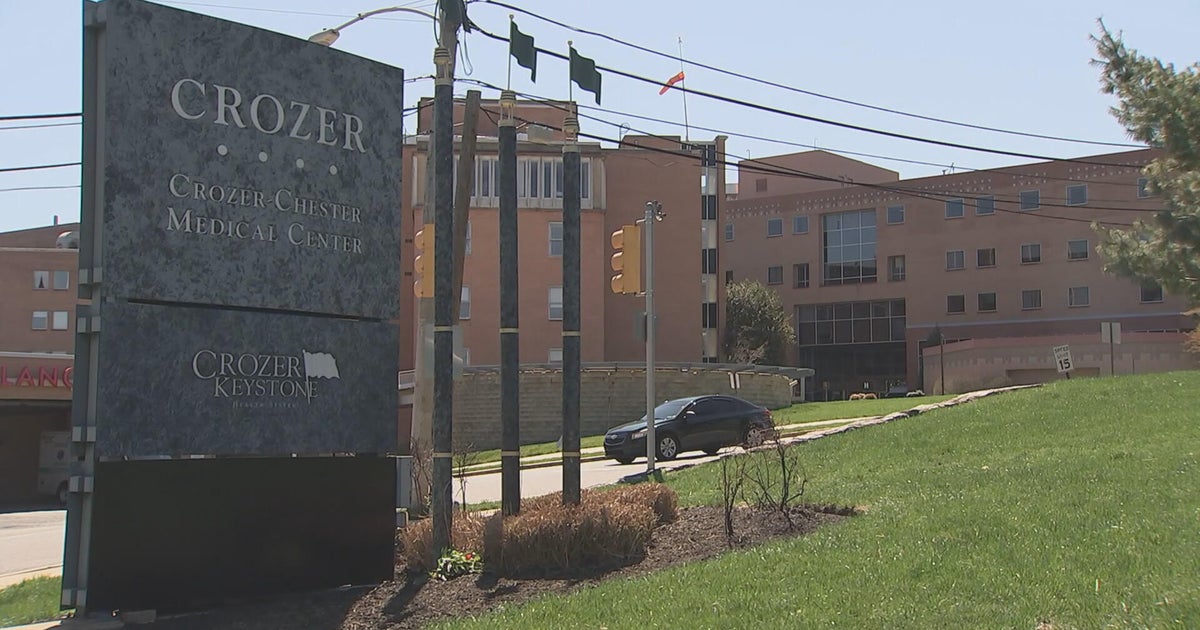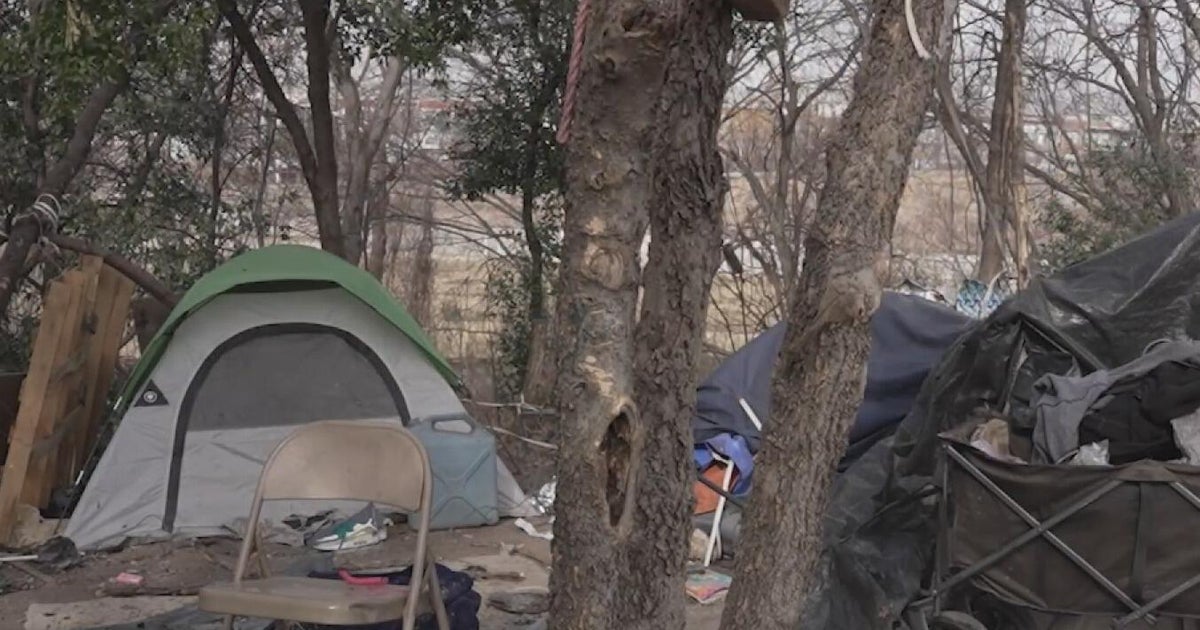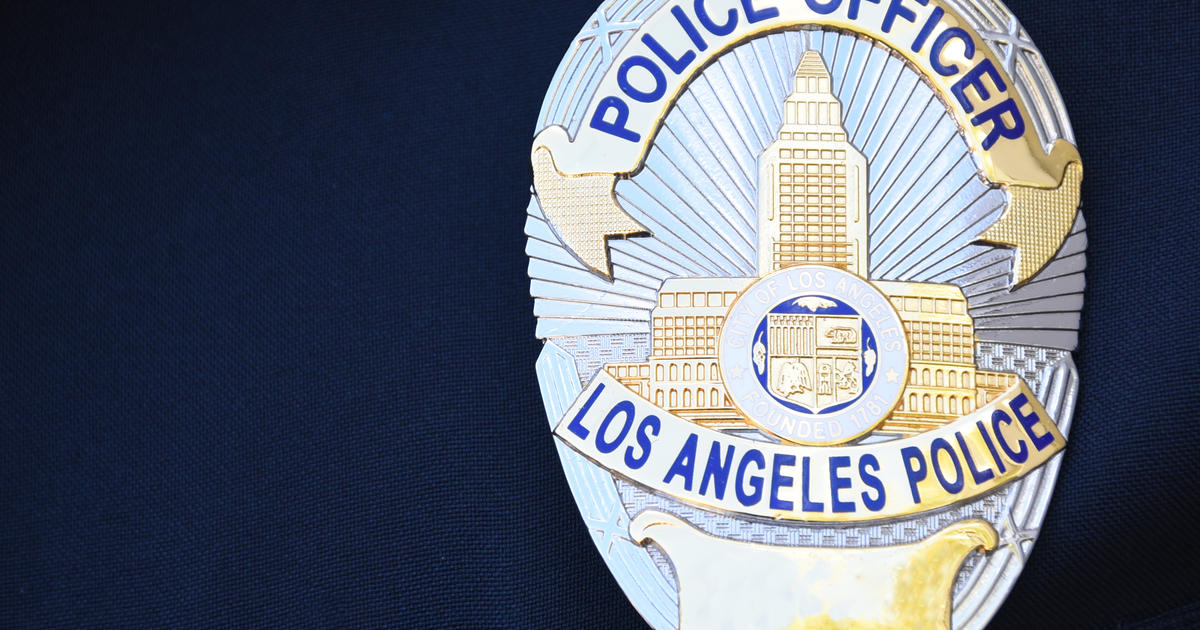Scientists hope efforts to restore coral off South Florida coast pays off
MIAMI - As the sun sets over the Miami skyline, researchers from the Rosenstiel School of Marine, Atmospheric, and Earth Science set out for the ocean.
Their destination is just a few miles off the coast of Key Biscayne, where they hope love is not in the air, but underwater.
"What we're hoping for is that the corals that we've restored and planted onto these reefs over the last few years are going to reproduce," said Andrew Baker, a professor of marine biology at Rosenstiel School.
Over the past few years, they have been part of a team developing a hybrid reef.
This is one made of engineered structures that contain living staghorn coral on top. They hope their work here on this night will not only help the reef grow but also re-grow.
"Coral all around South Florida and all around the world are in a state of severe decline and one of the things scientists rely on is reproduction of coral being restored," said Baker.
The coral spawning takes place a few days after the August full moon, in what is typically the warmest water of the season.
"There will be hundreds to thousands of eggs we hope to fertilize against one another," added Baker.
Those fertilized eggs are then captured and taken back to a lab where they have a chance to grow and become more resilient to the changing ocean environment.
"We need this because the reefs we are building are home to marine species but also protect our coastline," he added.
Also, in the water, this August evening are students like Juliana Grilo. She has been taking part in the annual coral spawn event over the past few years and is checking on a coral she herself planted.
"I've been following this since the beginning of 2020. It grew from two little fingers to now where it's the size of a basketball," she said.
Corals that are collected are then taken to a lab where they have a chance to establish and grow before being re-introduced back onto the reef.
"We want to make sure these baby corals that are produced have the best chance of life before we restore them," said Baker. Helping that process along is a seven million dollar grant from the department of defense. This is a slow process but now it is one that will continue for years to come.
"To ensure that Florida's reefs remain more resilient for the future," said Baker.








